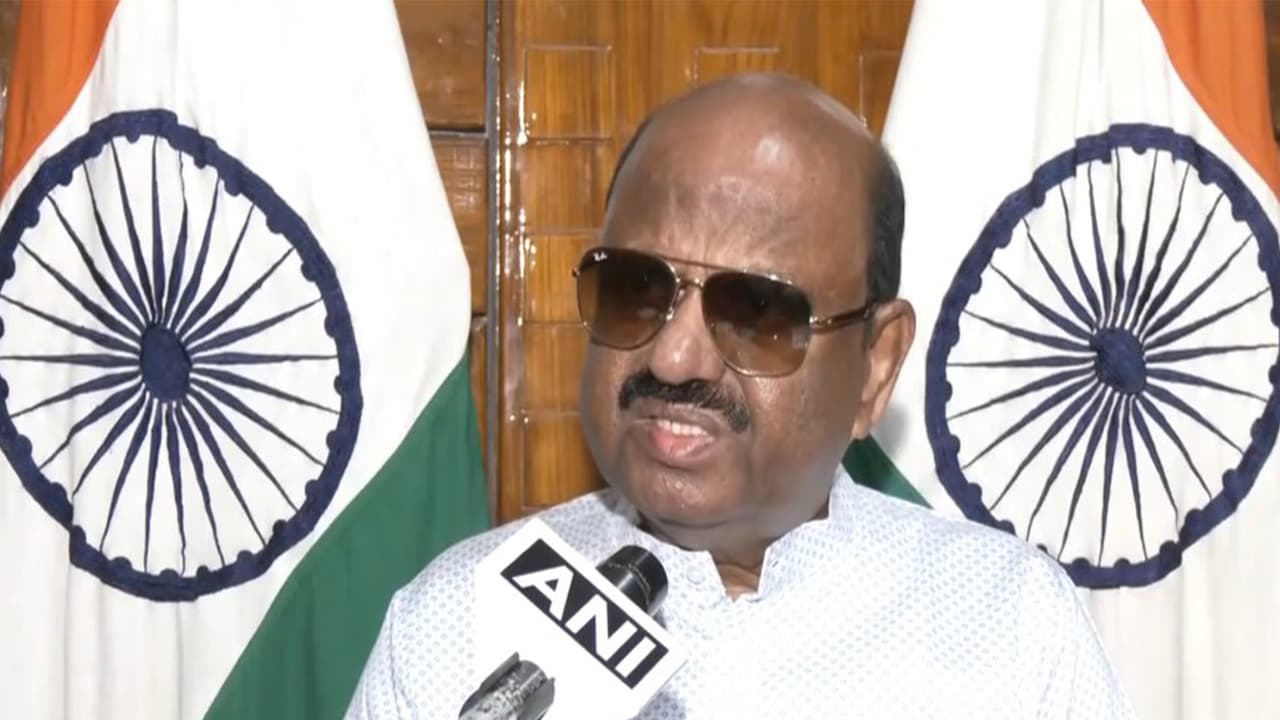West Bengal Governor CV Ananda Bose backed the national electoral roll update (SIR), calling it a legitimate process for fair elections. He assured voters that no one eligible would be left out and that any flaws can be challenged by political parties.
Governor Backs Electoral Roll Update
West Bengal Governor CV Ananda Bose on Sunday backed the exercise of updating the electoral rolls across the country through the Special Intensive Revision (SIR), saying that it is a “legitimate process for free and fair elections.”
While he agreed that “some flaws” could be seen in the conduct of the exercise, he also said that political parties have the freedom to raise objections to the electoral roll update. “SIR is a legitimate process for free and fair elections in the country. Of course, there may be some flaws in the conduct of that. Political parties have the freedom to raise objections to that. But SIR will certainly be held in a free and fair manner,” the Bengal governor told ANI.
Looking to allay any anxiety of voters, he assured that the process makes sure that no eligible voter is left out “There is no need for anybody to be anxious about this. Any genuine voter will be here. No manipulation will be allowed, truth will come out,” he said.
Nationwide SIR Progress
According to the Election Commission of India, 48,67,37,064 SIR forms have been successfully delivered to electors out of the 50,97,43,173 printed, covering the following regions: Andaman and Nicobar, Chhattisgarh, Goa, Gujarat, Kerala, Lakshadweep, Madhya Pradesh, Puducherry, Rajasthan, Tamil Nadu, Uttar Pradesh, and West Bengal. Over 5.33 lakh Booth Level Officers (BLOs) and 10.41 lakh Booth Level Agents (BLAs) have been deployed.
State-wise Distribution and Timeline
With 6.41 crore electors, Tamil Nadu has distributed 5.90 crore forms, achieving a 92.04% coverage. Uttar Pradesh, the state with the highest number of electors (15.44 crore), has attained a distribution of 94.37%.In contrast, smaller regions, such as Goa and Lakshadweep, achieved 100% distribution. Form distributed in Gujarat – 98.58%; Madhya Pradesh: 98.38%; Rajasthan: 97.32%; West Bengal: 98.08%; and Puducherry: 93.88%. Only Kerala, at 87.54%, remains below the 90% mark. Currently, a nationwide SIR phase two is being carried out in 12 states and union territories, with the final elector’s list to be published on February 7, 2026. According to the Election Commission, printing and training took place from October 28 to November 3, followed by an Enumeration Phase from November 4 to December 4. (ANI)
(Except for the headline, this story has not been edited by Asianet Newsable English staff and is published from a syndicated feed.)
